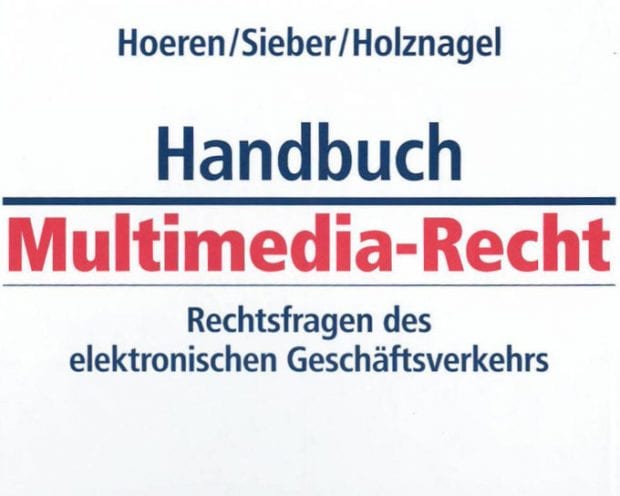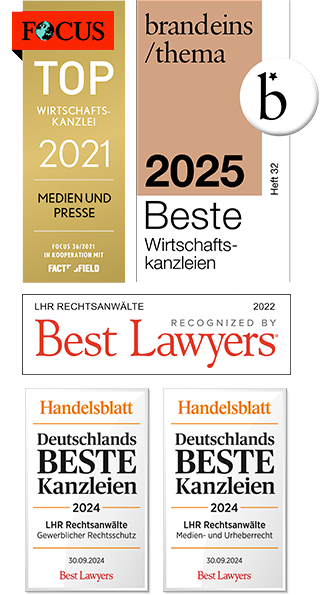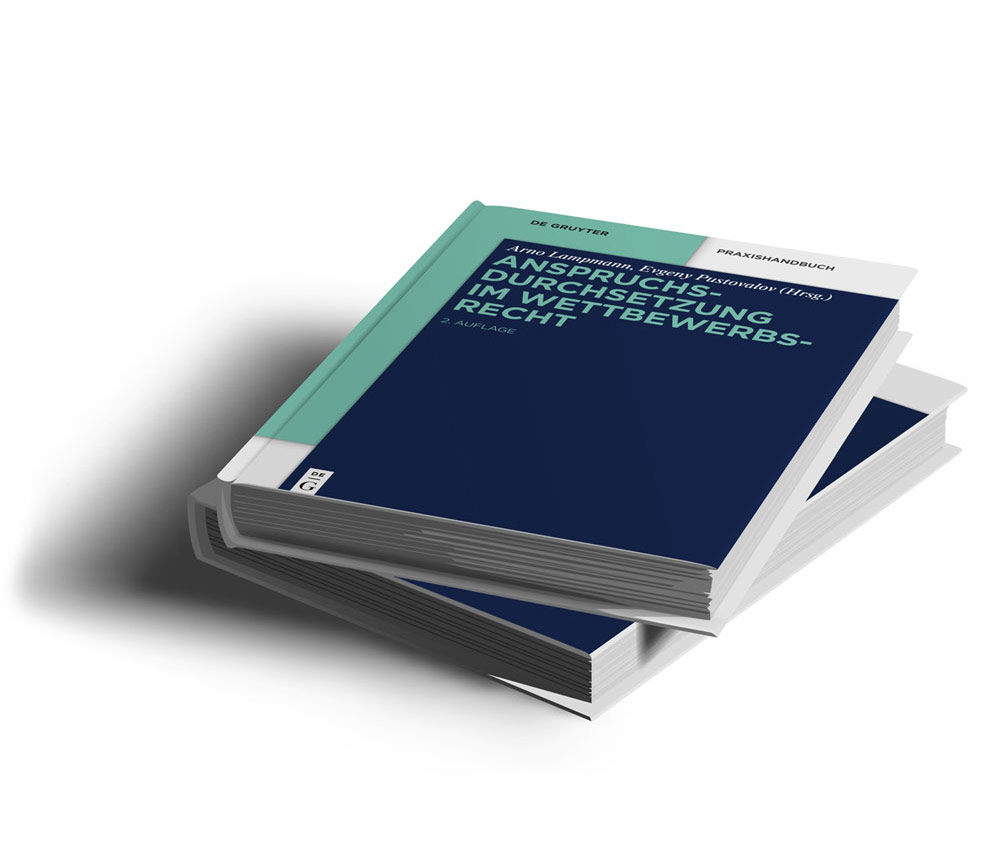Overview
- Which is better: An agreement or taking hard processual action
- Determination of client goals
- Examination of claims
- You are a creditor of a claim
- You are the debtor of a claim
- Examination of possible counterclaims
- The out-of-court settlement
- Legal action
- What happens after a lawsuit?
- Our services regarding negotiation strategy and process tactics
- Our experience
Which is better: An agreement or taking hard processual action
The out-of-court settlement of a dispute is often the most cost-effective if not the best solution for both parties. When a dispute reaches the lawyer, at least one attempt to reach an agreement has usually failed and the positions have hardened.
Nevertheless, a good lawyer will never blindly advise his clients to go to court, but will show the parties in every situation how a dispute can be settled without expensive legal action. The advice of a lawyer without ifs and buts to take legal action should make every person seeking justice suspicious.
Conversely, it may also be advisable to admit or fulfill a claim asserted by the opponent out of court and not to allow a lawsuit to proceed.
Determination of client goals
In order to be able to advise the client on the best out-of-court or judicial steps to take, it is essential to first work out together with the client the goals that can realistically be achieved.
On the one hand, there is no point in asserting the legal claim, no matter how clear it is, in a court case with bravura if it does not achieve what the client wants. On the other hand, there are situations in which, for example, a monetary payment is on the client’s wish list, but which can ultimately only be brought into the realm of the possible by such elaborate and costly measures that the achievable amount could be eaten up or even exceeded by legal fees and court costs.
Finally, there are cases in which the aim of legal protection does not consist in a payment of money but – as is often the case in competition law – in the omission of an act by the opponent which has already caused or could still cause so much damage that payment claims must first be deferred and immediately urgent – albeit initially expensive – legal action must be taken, such as summary proceedings. In such cases, there is often not much time left for the examination of payment claims or out-of-court negotiations.
Examination of claims
Once the legal protection goal has been determined, a good lawyer will not blindly drive the client into judicial proceedings, which are admittedly lucrative for the lawyer, but will first check what legal bases are available at all for successful legal action should the out-of-court negotiations fail. Even if the examination of the lawyer results in a promising approach, international and local peculiarities in jurisdiction can still lead to a negative prognosis of success.
The following bon mot of the German cabaret artist Dieter Hildebrandt aptly summarizes this examination step:
“It is not enough to be right, one must also reckon with justice.”
You are a creditor of a claim
Under this premise, the creditor’s lawyer must check whether the client can ultimately be successful with a legal proceeding. Many extrajudicial letters of formal notice unfortunately turn out to be “paper tigers” to the delight of the opponent. In the highly specialized field of intellectual property law, such as competition law, personal rights or trademark law, a bluff usually does not work, especially when compared to first-class legal representation.
You are the debtor of a claim
For the debtor of a claim, the same applies in reverse. The debtor’s lawyer must also examine the asserted claims comprehensively, but should examine the best tactical approach even more closely than a creditor’s lawyer.
Thus, even in the case of an unjustified warning notice, it may be advisable, by way of exception, to submit to a cease-and-desist declaration subject to penalty – if necessary, for clarification purposes without acknowledging a legal obligation, but still legally binding. This is the case, for example, if the conduct complained of is of only minor importance to the debtor and he can ensure that it will not be repeated. In this way, he avoids an expensive and ultimately insignificant legal dispute.
On the other hand, the debtor should also not answer a justified cease and desist request with a cease-and-desist declaration. Depending on the situation of the individual case, it may be advisable to reject the claim nevertheless or not to react at all and wait for the threatened legal action. In particular in cases where, for example, simple formalities in revocation instructions or in imprint information are subject to a large number of warnings letters, the suspicion – although rarely verifiable – suggests that the creditor is less concerned with unfair competition than with the possibility of being able to claim the contractual penalty promised in the cease and desist agreement in the event of a breach.
The debtor can counter this request by not issuing the required cease-and-desist declaration despite the violation and by waiting to see whether the threatened legal action is actually taken.
Examination of possible counterclaims
It is part of LHR’s day-to-day business to check the legality of the opponent’s behavior after a warning has been issued. Anyone who attacks our clients must have their own conduct measured against the same strict standard. If it makes sense, we also deposit protective letters, if necessary within an hour, with all courts that come into consideration for an attack.
In the same way, of course, we check our own client’s list the other way round before claims are made, for example against a competitor, and correct any errors in the web store or in the advertising campaign.
The out-of-court settlement
If there are realistic possibilities for an agreement, one should try to reach such an agreement as early as possible. The main reason for this is that an early approach can avoid unnecessary legal fees or court costs. The more effort, time and costs both parties to the dispute have already invested in the dispute, the lower the probability that a dispute can actually be ended without further steps.
The measures that should be taken before initiating proceedings include the following:
- Checking the creditworthiness of the opponent (obtaining information from relevant registers, credit checks via credit agencies or detectives)
- extrajudicial assertion of claims (except for special cases of urgency and situations in which a surprise effect should be used)
- Development of a tactic for extrajudicial assertion
- Weighing up opportunities and risks (both in terms of costs and reputational risks)
Legal action
One of the strengths that LHR has developed over many years of forensic work is its ability to determine exactly which legal actions will lead most safely to the desired goal on the one hand and cause the least risk on the other hand, before taking legal action. The motto: As much as necessary, as little as possible.
Especially in view of the exorbitant costs that can accompany the enforcement of claims abroad, it is important for the client to have sounded out all procedural possibilities in Germany. Against the background of European regulations, German jurisdiction must be observed in all EU countries. However, debtors in non-European countries are also often impressed by German court decisions because they are aware of the high quality of German jurisdiction and fear that a court in their own country will possibly follow this in terms of content.
Thanks to our special expertise, we have already succeeded, for example, in enforcing claims for a Liechtenstein company against a Swiss business newspaper in Germany.
What happens after a lawsuit?
Contrary to what one might think, the work is far from over after a lawsuit has been won. Our activity often only begins then. Often, clients turn to us who have already been represented by first-class (large) law firms and may have already won a title in the traditional way, but with which they simply cannot do anything.
We know all the “tricks” and “knacks” that are necessary for an effective enforcement of a hard-won title. Finally, under certain circumstances, disputed court decisions can also be used in advertising against the opponent, for example by publishing them there or elsewhere.
Our services regarding negotiation strategy and process tactics
- Definition of client goals (action, omission, removal, correction, payment)
- Examination of the legal claims and actual possibilities for action
- Development of a tactic for extrajudicial assertion
- Weighing up opportunities and risks (both in terms of costs and reputational risks)
- Checking your own legal conformity (e.g. in the online store or in advertising)
- Checking the creditworthiness of the opponent
- Risk minimization of legal action: As much as necessary, as little as possible
- Examination of the jurisdiction of German courts also for international matters
- Litigation-PR (public support of the processes)
- Special expertise regarding procedural particularities in special proceedings (summary proceedings, declaratory actions, etc.)
- Sustainable enforcement of contested titles with regard to actions, omissions, damages and costs
- Possible publication of successful decisions for the client
Our experience
The attorneys at LHR are always up to date through continuous training and, above all, through active forensic work in what are now several thousand court cases, often through several instances. LHR is one of the leading law firms nationwide in both law enforcement and defense against attacks by competitors.


